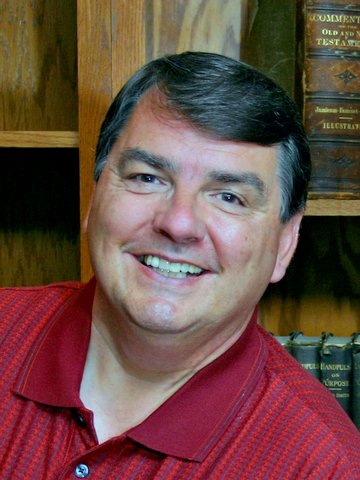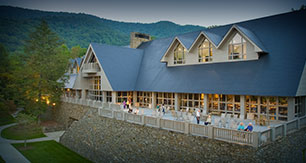
“Your Word is a lamp to my feet and a light to my path.” —Psalm 119:105
Browse any Christian bookstore and you’ll find Bibles in all colors, sizes and translations, with various commentaries in the notes section for easy reading.
And yet …
“We’re basically a Bible illiterate society,” Bible teacher Woodrow Kroll said.
Kroll will be at The Billy Graham Training Center at The Cove next month for an intensive, five-day Bible study on Psalm 119. That’s right, five days and just one Psalm.
Why?

Psalm 119 is the longest chapter in the Bible with 176 verses. The chapter includes 95 statements about the Bible and the many benefits that come from reading and obeying it.
“People read what they want to read, and a lot of people find the Bible disinteresting,” Kroll said, adding that the biggest excuse people give for not reading the Bible is lack of time.
“It is an excuse; it’s not a reason,” he said. “We do whatever we choose to do.”
Kroll lives in Ashland, Neb., with his wife of 49 years. He first noticed the trend in Bible illiteracy as the department chair of religion at Liberty University in the 1970s—and said it hasn’t improved.
At Liberty, Kroll would test freshmen on their Bible knowledge. Many students were from the South, came from Christian families and even went to Bible-teaching churches and schools. But by 1980, his final year there, Kroll was sad to see that of 1,100 incoming Liberty freshmen, only 45 got more than half the test questions right.
“Most Christians have not ever read the Bible all the way through,” he said, but rely on devotionals or short verses here and there as their Bible reading. “There’s no systematic study.”
But the Bible is a big book. It takes a long time to read, right?
“Half the books of the Bible can be read in less than 30 minutes,” Kroll said. “Twenty-six (books) take less than 15 minutes.” And that’s not speed reading.
“Time is not the issue,” he said. “I think the issue is more desire than it is time.”
The Bible is chock full of God’s promises for our lives and direction for all kinds of life issues, Kroll pointed out. It addresses marriage, money, parenting, manager-employee relationships, reconciliation, temptation, the role of the church, speech, missions and service. It’s full of history, war, love, revenge, grace and hope.
“I think you get people to read the Bible if you show them what they miss in (not) reading the Bible,” Kroll said.
For 23 years, Kroll worked with Back to the Bible International, a worldwide ministry that uses media to share the Gospel and help Christians grow in their faith. He has studied theology at multiple colleges and seminaries and now heads Woodrow Kroll Ministries. After teaching in more than 100 countries, and with 50 books under his belt, he said he continually sees the same basic needs all over the world.
“The most basic need people have is to restore the relationship with God that was severed in the Garden of Eden,” he said.
People want meaning, significance, Kroll added. They might look for it in being a grandmother or a great basketball player, “but never does it satisfy us until that relationship (with God) is restored.” And even when people have that relationship, he added, they sometimes wonder if they’re really getting everything out of it.
Is their faith too shallow?
Kroll’s seminar at The Cove can help people deepen their faith by learning how to interact with His Word. With so many belief systems in the world, he said, failing to do that can mean failing to recognize false doctrine and the inability to defend one’s Christian faith.


